- Great Learning
- Free Courses
- It & Software
Earn a certificate & get recognized
Motor Controller Basics
Learn about DC, AC, single-phase, and three-phase motors in our 'Motor Controller Basics' course. Dive into phasor diagrams and electric drive units. Start now!
Instructor:
Imran MohammedMotor Controller Basics
972 learners enrolled so far
Stand out with an industry-recognized certificate
10,000+ certificates claimed, get yours today!
Get noticed by top recruiters
Share on professional channels
Globally recognised
Land your dream job

Skills you will gain
Single-phase AC
Phasor Diagrams
Electric Drive Unit
Key Highlights
Get free course content
Master in-demand skills & tools
Test your skills with quizzes
About this course
Motor Controller Basics is a free course providing a deep dive into the essential principles of motor control systems. In the first section, we explore the intricacies of DC motors and AC motors, followed by a detailed examination of single-phase AC induction motors, encompassing various types and phasor diagrams for comprehensive understanding.
Moving forward, the course advances into the realm of three-phase AC induction motors, shedding light on crucial concepts. The journey concludes with Electric Drive Units, bridging theory to practical applications, empowering learners with the knowledge and confidence to navigate the dynamic landscape of motor control. Join us for an insightful exploration of the fundamentals of motor control systems.
Course outline
DC motors
Understanding principles and applications of direct current (DC) motors for various industrial and consumer devices.
AC motors
Exploring the fundamentals and operational characteristics of alternating current (AC) motors in diverse electromechanical systems.
Single-phase AC induction motors
Analyzing the design, operation, and control of single-phase AC induction motors for efficient and reliable applications.
Types of Single-phase AC induction motors
Investigating various configurations and applications of single-phase AC induction motors, including capacitor-start and split-phase designs.
Phasor Diagrams for AC induction motors
Examining graphical representations to comprehend the phase relationships and performance characteristics of AC induction motors.
Three-phase AC induction motors
Understanding the principles and applications of three-phase AC induction motors, including their construction, operation, and control.
Electric Drive Unit
Integrating concepts of power electronics, control algorithms, and motor systems to design and optimize electric drive units for diverse applications.
Get access to the complete curriculum once you enroll in the course
Stand out with an industry-recognized certificate
10,000+ certificates claimed, get yours today!
Get noticed by top recruiters
Share on professional channels
Globally recognised
Land your dream job

Motor Controller Basics

3.0 Hours
Beginner
972 learners enrolled so far
Get free course content
Master in-demand skills & tools
Test your skills with quizzes
Refer and earn
Get learning discounts up to $20
Learner reviews of the Free Courses
What our learners enjoyed the most
Skill & tools
62% of learners found all the desired skills & tools
Our course instructor

Imran Mohammed
Assistant Professor at MJ College of Engineering & Technology with over 12+ years of teaching experience
IT & Software Expert
Frequently Asked Questions
Will I receive a certificate upon completing this free course?
Is this course free?
What prerequisites are required to enrol in this Free Motor Controller Basics course?
You do not need any prior knowledge to enrol in this Motor Controller Basics course.
How long does it take to complete this Free Motor Controller Basics course?
It is a 1.0 hour long course, but it is self-paced. Once you enrol, you can take your own time to complete the course.
Will I have lifetime access to the free course?
Yes, once you enrol in the course, you will have lifetime access to any of the Great Learning Academy’s free courses. You can log in and learn whenever you want to.
Will I get a certificate after completing this Free Motor Controller Basics course?
Yes, you will get a certificate of completion after completing all the modules and cracking the assessment.
How much does this Motor Controller Basics course cost?
It is an entirely free course from Great Learning Academy.
Is there any limit on how many times I can take this free course?
No. There is no limit. Once you enrol in the Free Motor Controller Basics course, you have lifetime access to it. So, you can log in anytime and learn it for free online.
Who is eligible to take this Free Motor Controller Basics course?
You do not need any prerequisites to take the course, so enroll today and learn it for free online.
Become a Skilled Professional with Pro Courses
Gain work-ready skills with guided projects, top faculty and AI tools, all at an affordable price.


View Course

Included with Pro+ Subscription

View Course

Included with Pro+ Subscription
.jpg)
View Course

Included with Pro+ Subscription


View Course

Included with Pro+ Subscription


View Course

Included with Pro+ Subscription

View Course

Included with Pro+ Subscription

View Course

Included with Pro+ Subscription

View Course

Included with Pro+ Subscription

View Course

Included with Pro+ Subscription

View Course

Included with Pro+ Subscription

View Course

Included with Pro+ Subscription
.jpg)
View Course

Included with Pro+ Subscription

View Course

Included with Pro+ Subscription


View Course

Included with Pro+ Subscription




View Course

Included with Pro+ Subscription


View Course

Included with Pro+ Subscription


View Course

Included with Pro+ Subscription


View Course

Included with Pro+ Subscription


View Course

Included with Pro+ Subscription


.jpg)
View Course

Included with Pro+ Subscription
.png)
View Course

Included with Pro+ Subscription

View Course

Included with Pro+ Subscription

View Course

Included with Pro+ Subscription

View Course

Included with Pro+ Subscription

View Course

Included with Pro+ Subscription
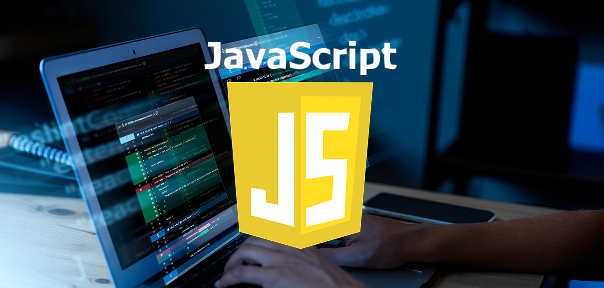
View Course

Included with Pro+ Subscription

View Course

Included with Pro+ Subscription
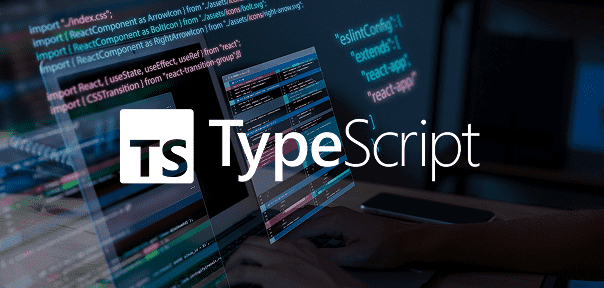
View Course

Included with Pro+ Subscription


View Course

Included with Pro+ Subscription

View Course

Included with Pro+ Subscription

View Course

Included with Pro+ Subscription
.png)
View Course

Included with Pro+ Subscription

View Course

Included with Pro+ Subscription

View Course

Included with Pro+ Subscription

View Course

Included with Pro+ Subscription

View Course

Included with Pro+ Subscription

View Course

Included with Pro+ Subscription
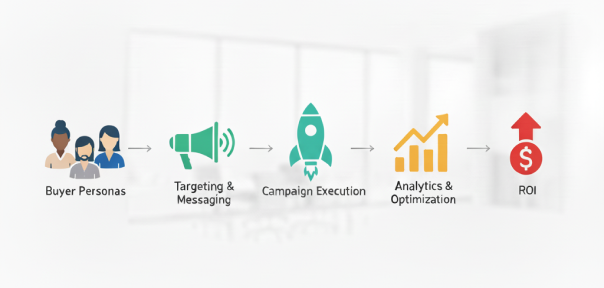
View Course

Included with Pro+ Subscription
.jpg)
View Course

Included with Pro+ Subscription
.jpg)
View Course

Included with Pro+ Subscription
.jpeg)
View Course

Included with Pro+ Subscription
.jpg)
View Course

Included with Pro+ Subscription
.png)
View Course

Included with Pro+ Subscription


View Course

Included with Pro+ Subscription


View Course

Included with Pro+ Subscription


View Course

Included with Pro+ Subscription
.png)
View Course

Included with Pro+ Subscription
.jpg)

.jpg)

.png)

View Course

Included with Pro+ Subscription


View Course

Included with Pro+ Subscription
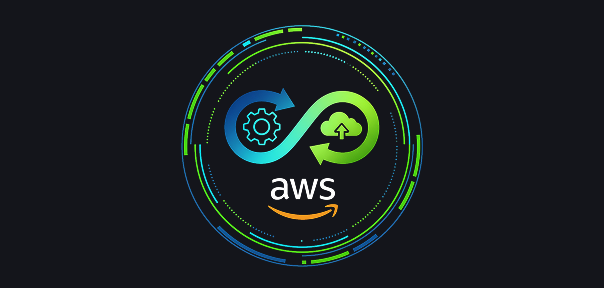
View Course

Included with Pro+ Subscription

View Course

Included with Pro+ Subscription

View Course

Included with Pro+ Subscription
.png)
View Course

Included with Pro+ Subscription
.png)
View Course

Included with Pro+ Subscription
.png)
View Course

Included with Pro+ Subscription
Popular


View Course

Included with Pro+ Subscription

View Course

Included with Pro+ Subscription
.jpg)
View Course

Included with Pro+ Subscription


View Course

Included with Pro+ Subscription


View Course

Included with Pro+ Subscription

View Course

Included with Pro+ Subscription

View Course

Included with Pro+ Subscription

View Course

Included with Pro+ Subscription
AI & Generative AI

View Course

Included with Pro+ Subscription

View Course

Included with Pro+ Subscription

View Course

Included with Pro+ Subscription
.jpg)
View Course

Included with Pro+ Subscription

View Course

Included with Pro+ Subscription


View Course

Included with Pro+ Subscription


Microsoft Courses


View Course

Included with Pro+ Subscription


View Course

Included with Pro+ Subscription


View Course

Included with Pro+ Subscription


View Course

Included with Pro+ Subscription


View Course

Included with Pro+ Subscription


IT & Software
.jpg)
View Course

Included with Pro+ Subscription
.png)
View Course

Included with Pro+ Subscription

View Course

Included with Pro+ Subscription

View Course

Included with Pro+ Subscription

View Course

Included with Pro+ Subscription

View Course

Included with Pro+ Subscription

View Course

Included with Pro+ Subscription

View Course

Included with Pro+ Subscription

View Course

Included with Pro+ Subscription
.png)
View Course

Included with Pro+ Subscription
.png)
View Course

Included with Pro+ Subscription

View Course

Included with Pro+ Subscription

View Course

Included with Pro+ Subscription

View Course

Included with Pro+ Subscription

View Course

Included with Pro+ Subscription

View Course

Included with Pro+ Subscription


View Course

Included with Pro+ Subscription

View Course

Included with Pro+ Subscription

View Course

Included with Pro+ Subscription


View Course

Included with Pro+ Subscription


View Course

Included with Pro+ Subscription
 (1).png)
View Course

Included with Pro+ Subscription
Data Science & ML


View Course

Included with Pro+ Subscription

View Course

Included with Pro+ Subscription

View Course

Included with Pro+ Subscription
.png)
View Course

Included with Pro+ Subscription

View Course

Included with Pro+ Subscription

View Course

Included with Pro+ Subscription
Management

View Course

Included with Pro+ Subscription

View Course

Included with Pro+ Subscription

View Course

Included with Pro+ Subscription

View Course

Included with Pro+ Subscription
.jpg)
View Course

Included with Pro+ Subscription
.jpg)
View Course

Included with Pro+ Subscription
.jpeg)
View Course

Included with Pro+ Subscription
.jpg)
View Course

Included with Pro+ Subscription
.png)
View Course

Included with Pro+ Subscription
.png)
View Course

Included with Pro+ Subscription
.png)
View Course

Included with Pro+ Subscription

View Course

Included with Pro+ Subscription
.png)
View Course

Included with Pro+ Subscription
.png)
View Course

Included with Pro+ Subscription
 (1).jpg)
View Course

Included with Pro+ Subscription
.png)
View Course

Included with Pro+ Subscription
Cloud Computing


View Course

Included with Pro+ Subscription


View Course

Included with Pro+ Subscription


View Course

Included with Pro+ Subscription
.png)
View Course

Included with Pro+ Subscription
.jpg)

.jpg)

.png)

View Course

Included with Pro+ Subscription


View Course

Included with Pro+ Subscription

View Course

Included with Pro+ Subscription
.png)



.png)

View Course

Included with Pro+ Subscription



Cyber Security

View Course

Included with Pro+ Subscription

View Course

Included with Pro+ Subscription
.png)
View Course

Included with Pro+ Subscription
.png)
View Course

Included with Pro+ Subscription
.png)
View Course

Included with Pro+ Subscription
Subscribe to Academy Pro+ & get exclusive features
$25/month
No credit card required

Learn from 40+ Pro courses
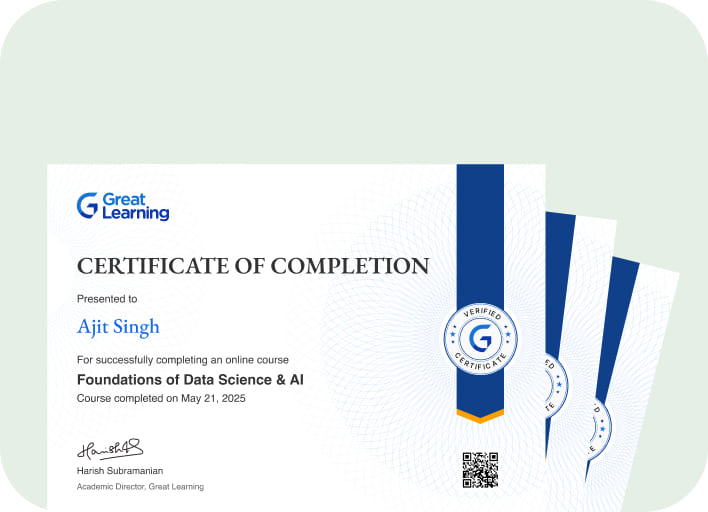
Access 500+ certificates for free
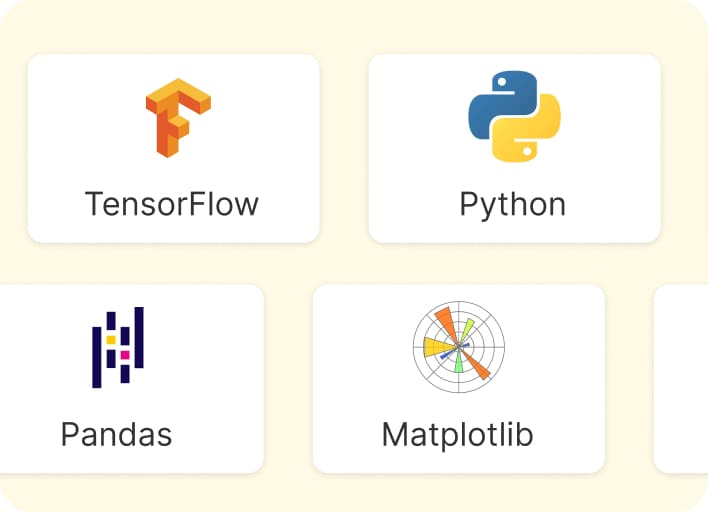
700+ Practice exercises & guided projects
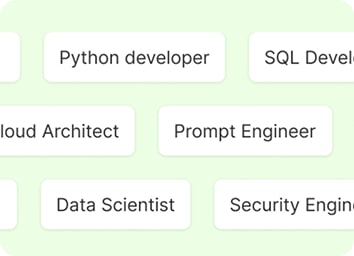
Prep with AI mock interviews & resume builder
Recommended Free Software courses

.jpg)


Similar courses you might like




Relevant Career Paths >
Motor Controller Basics
Motor controllers play a crucial role in the realm of electromechanical systems, providing the necessary intelligence and control to regulate the operation of electric motors. These controllers are integral components in various applications, ranging from industrial machinery and robotics to automotive systems and consumer electronics. Understanding the basics of motor controllers is essential for engineers and enthusiasts alike, as it forms the foundation for designing and optimizing efficient motor-driven systems.
At its core, a motor controller is a device that manages the speed, direction, and torque of an electric motor. Electric motors, which convert electrical energy into mechanical motion, require precise control to meet the demands of different applications. Motor controllers achieve this by modulating the voltage and current supplied to the motor, influencing its speed and output power.
There are several types of motor controllers, each tailored to specific applications and motor types. The most common categories include DC motor controllers, AC motor controllers, and stepper motor controllers. Each type has its unique characteristics and control mechanisms.
DC motor controllers are widely used in various applications due to the popularity of DC motors. These controllers regulate the motor speed by adjusting the voltage applied to the motor terminals. Pulse Width Modulation (PWM) is a commonly employed technique, where the controller rapidly switches the voltage on and off, effectively controlling the average voltage and, consequently, the motor speed.
AC motor controllers, on the other hand, are designed for alternating current motors, which are prevalent in industrial and residential settings. These controllers employ methods such as Variable Frequency Drives (VFDs) to adjust the frequency and amplitude of the AC power supplied to the motor. This enables precise control over the motor speed and direction.
Stepper motor controllers are specialized devices used with stepper motors, which move in discrete steps rather than continuously rotating. These controllers send pulses to the motor, causing it to move in precise increments. Stepper motors are commonly used in applications that require accurate positioning, such as 3D printers and CNC machines.
The basic components of a motor controller include a microcontroller or digital signal processor (DSP), which serves as the brain of the system, and power electronics responsible for adjusting the voltage and current supplied to the motor. Sensors, such as encoders or Hall effect sensors, provide feedback on the motor's speed and position, allowing the controller to make real-time adjustments.
Motor controllers are also equipped with protective features to ensure the motor's safe operation. Overcurrent protection, overtemperature protection, and fault detection mechanisms are crucial for preventing damage to the motor and the controller itself.
In addition to standalone motor controllers, integrated motor driver ICs (Integrated Circuits) are becoming increasingly popular. These compact devices combine the controller and power electronics into a single package, simplifying the design and reducing the overall footprint of the motor control system.
In conclusion, motor controllers are fundamental components in the world of electric motors, providing the intelligence and control required for efficient and precise operation. Whether in industrial automation, robotics, or consumer electronics, a solid understanding of motor controller basics is essential for engineers and designers to create reliable and optimized motor-driven systems.







